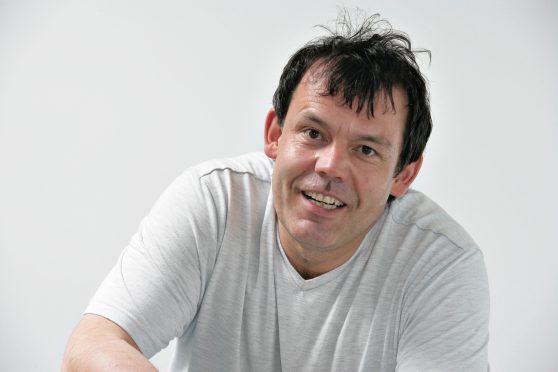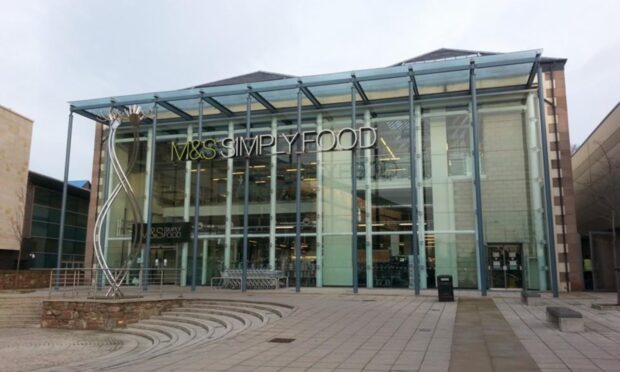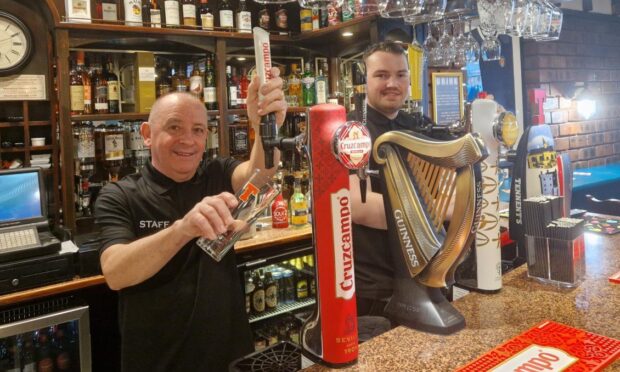A Dundee University academic has received a £200,000 funding boost for cancer research after a “Dragons Den” style meeting.
Dr Anton Gartner, who is leading research into ways of improving the use of chemotherapy, has been awarded the cash windfall by the Scotland-based charity Worldwide Cancer Research.
The research could one day help identify people who would benefit the most from a particular type of treatment.
Dr Gartner presented his plans in a meeting involving some of the world’s leading cancer researchers, who decided to give him funding for two years.
He will be using microscopic worms, called nematode worms, to investigate ways to make chemotherapy more effective.
Dr Gartner said: “Cisplatin is a widely used chemotherapy drug that works by damaging the DNA of cells to the extent that the cell cannot repair itself and dies.
“However, even after successful treatment, cancers often return because some of the cancer cells are able to repair the damage caused by cisplatin and survive.
“We want to try and identify the molecular machinery that cells use to repair damage caused by cisplatin.
“By doing this we hope it will lead to better ways to identify patients that would benefit the most from the drug.”
Dr Helen Rippon, chief executive of Worldwide Cancer Research, said the organisation was “delighted” to support Dr Gartner.
She said: “Nematode worms are a useful organism to study in the lab because they are only made of around 1000 cells and their genetics are very well understood. This means that Dr Gartner will easily be able to study the changes that occur to DNA following cisplatin in a living organism.
“We are delighted to support Dr Gartner on this innovative project. We expect that it will drive forward our knowledge on cancer treatments with the hope of improving their use for patients in the future.”
The project is one of 20 that the charity has committed to fund from 2018. Close to £4 million has been raised for these projects through contributions from the public.
To donate to the charity, visit www.worldwidecancerresearch.org










